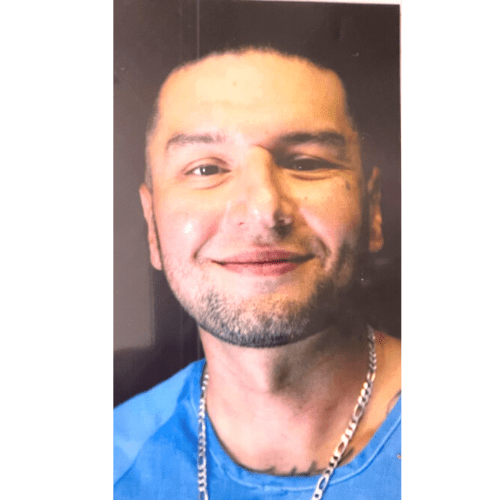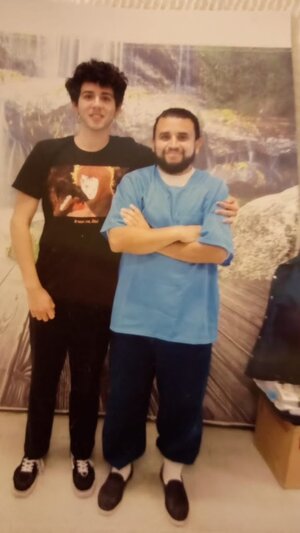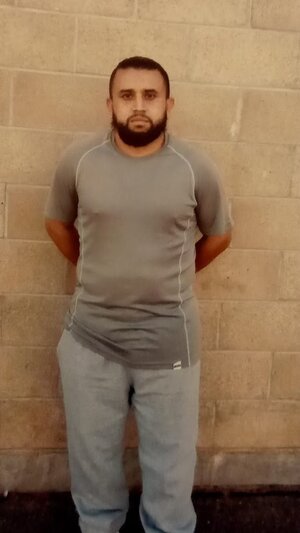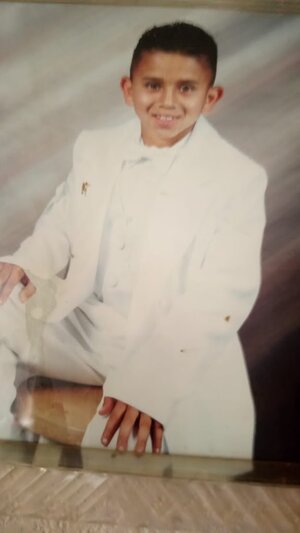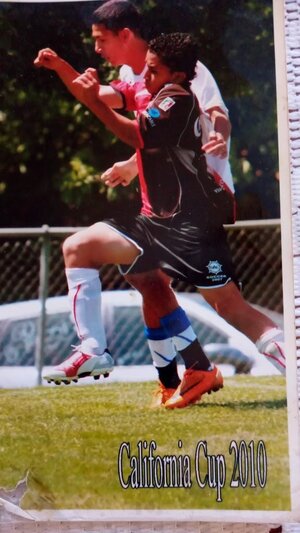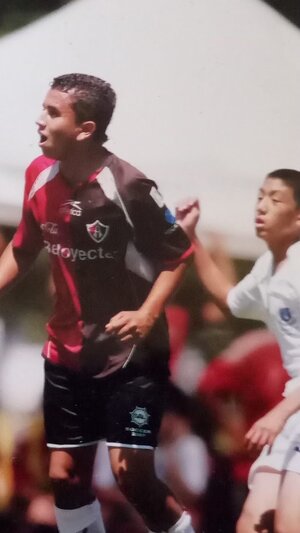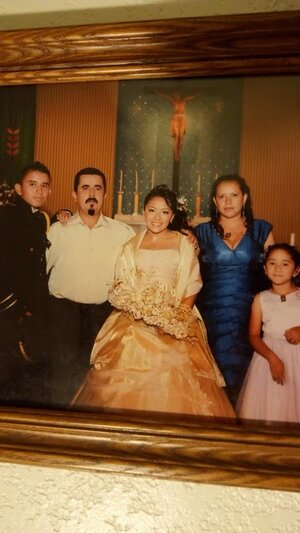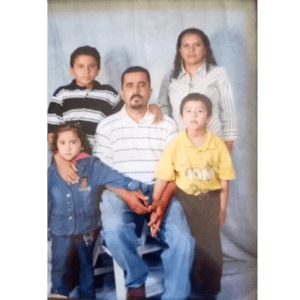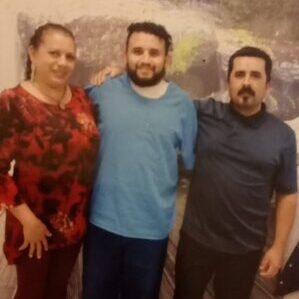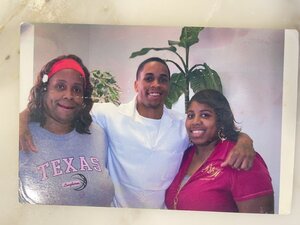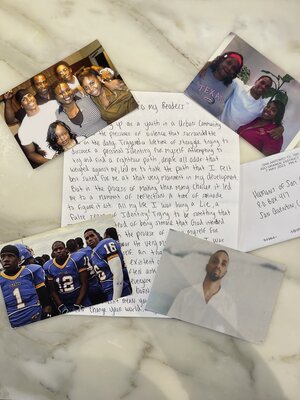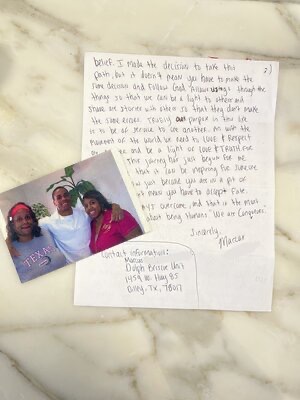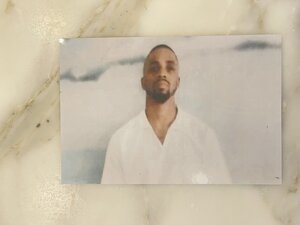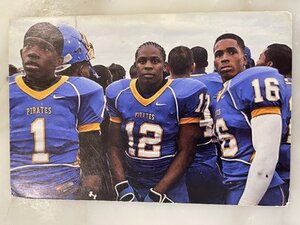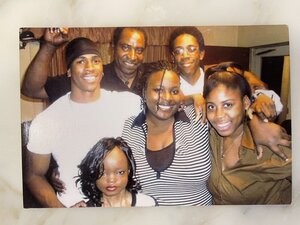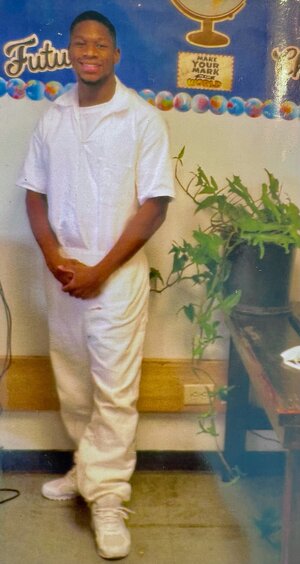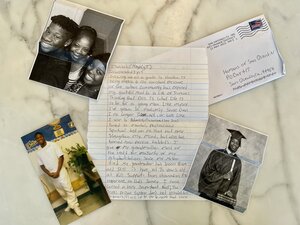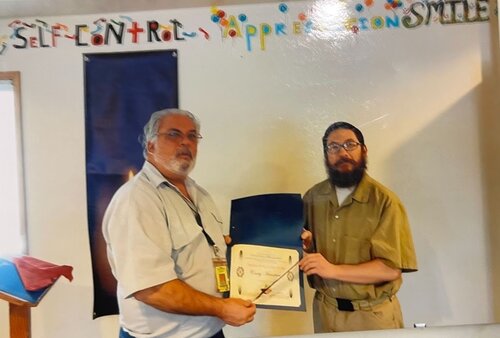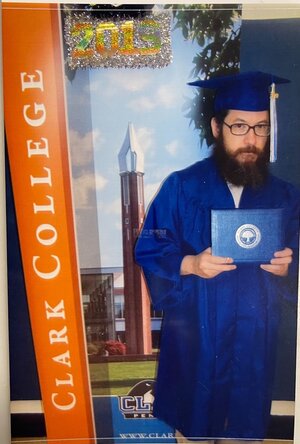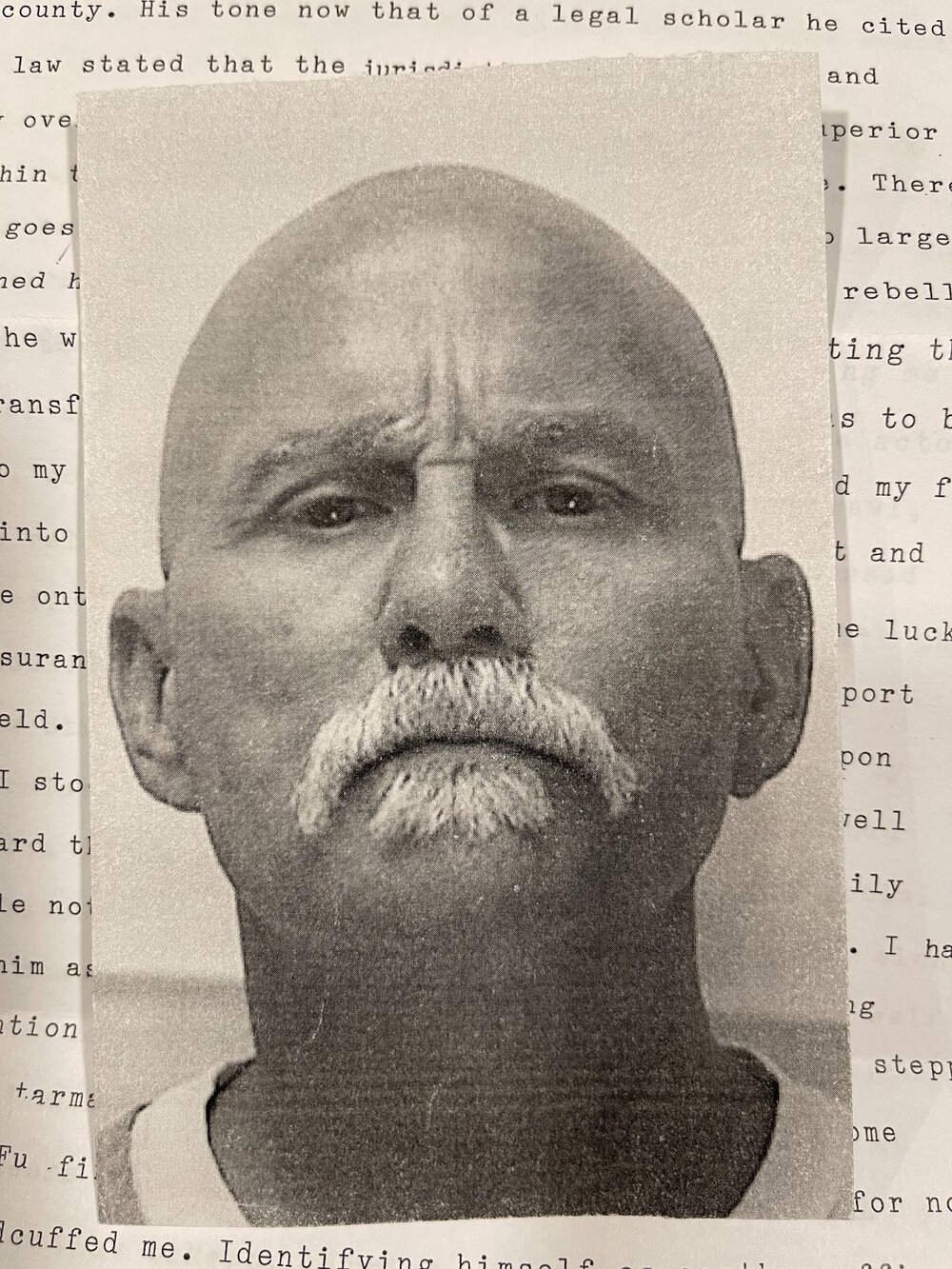Change came with no notice in the form of a fidgety officer who appeared unexpectedly at the boys ranch. He informed me that there had been a change in my legal status instigated by my mother’s action to relocate to another county.
The law wanted jurisdiction over my case and authority over my physical custody, which meant it resided with the superior court in the county of my mother’s legal residence. Where she goes, I must go.
He waved papers in the air between us, stating that he had a transfer order and I was going with him. I was to be returned to my mother. Ten minutes later, having packed my few belongings into a duffle bag, he drove me to the airport and escorted me onto a plane.
He shook my hand and wished me luck with the assurance that someone would meet me at the airport in Bakersfield. I assumed I would be met by my mother. Upon arrival, as I stood at the top of the truck mounted stairwell looking toward the terminal building searching for my family, I gave a little note to the man at the bottom of the stairs.
I had identified him as some sort of airline employee and was paying him no attention as I reached the bottom of the stairs and stepped off the tarmac.
Simultaneously snatching my hand in some sort of Kung-Fu finger lock, asking my name, but waiting for no answer, he handcuffed me. Identifying himself as another officer of the court, he picked up my discarded duffle, took me by the elbow, and marched me through a small sidegate to a waiting car.
I remember the air was hot and smelled like acrid chemicals. He sped through the city to the detention facility. It would take four months and several court hearings before I was finally released to my mother, but it was in those months of purgatory that I first met Mr. Dalton, who would only later open my gateway to learning.
I was thirteen years old and locked up in a cell when my formative lessons began. He worked the graveyard shift as the cell block turnkey. Our interactions were limited to him unlocking my cell door and escorting me to the pisser and back.
When the state finally released me to return home to my family our relationship was strained and problematic. I had been away from them for so long that connection between us had weakened, or been lost. I had been alone for so long that I had become emotionally emancipated and self dependent.
Not at all tolerant of, or responsive to, supervision or control, I made my own way into the world. With little in common with my peers my own age, I gravitated to a circle of mostly older people; outlaw bikers, hippies, dope fiends, pushers and crooks. Those on the shadowy fringe of society.
I was soon deeply submerged within a hard-core drug culture and shooting speed, coke, and heroin. During this time I would often bump into Mr. Dalton, who was simply Dalton in the free world. I saw him at parties, river and lake outings, concerts and other social gatherings. He also dated a girl I knew well. He was more socially aligned with the hippy-biker element and was not a dope fiend, pusher, dirtbag or crook. Our interactions were kept to a nodding acquaintance in passing and no more.
Again finding myself back in that cell block where he worked, our relationship developed more fully to the point where he would secure the block to insure privacy and unlock my cell door so I could come sit and talk with him.
He was a college student and there was always a stack of books and papers piled around him. One night I picked up a paperback which had a title that caught my attention. It was Thomas Wolfe’s “The Electric Kool-Aid Acid Test”. Intrigued, I asked if I could check it out. He tore the cover and title page off and told me I could have it.
Before that book I remember no school lessons lodging in my mind. My reading experience was limited to underground comics, and the stacks of torn up conventional comics scattered about the cell block. That book was different, and I devoured it.
Dalton saw it had touched me and seeing I was hungry for more he began feeding that need. He brought me books as fast as I could read them. Books and authors such as Ken Kesey’s “Sometimes A Great Notion” and “One Flew Over The Cuckoo’s Nest”, Joseph Heller’s “Catch-22”, Darton Trombo’s “Johnny Got His Gun”, Robert E. Persig’s “Zen And The Art Of Motorcycle Maintenance”, Ernesto “Che Guevara’s “The Motorcycle Diaries”, Aleksander Solzhenistsen’s “The Gulag Archipelago” and “One Day In The Life Of Ivan Denisovich”, Upton Sinclair, Hunter Thompson, John Irving, Kurt Vonnegut, and many more.
These authors filled the loneliness of my cell, painting the stained graffiti covered walls with their vivid language through them, and began to develop my own voice in writing which would continue to grow by necessity and become invaluable over the more than thirty years I would spend in prison cages.
